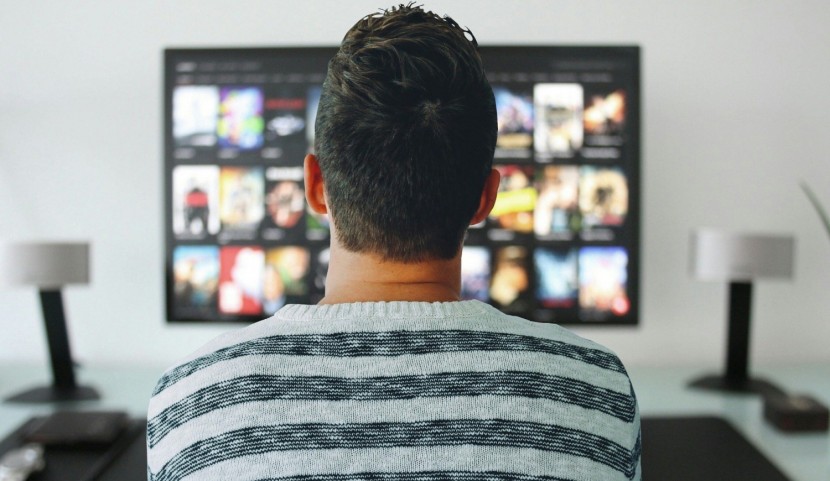
Buffering is distress for all of us. In this article, we are going to share some best tips to enhance the speed of your internet connection for streaming. We all have been there when we are all set to watch something interesting in our comfy clothes and finding what to watch. Then, Netflix keeps buffering, you switch to Hulu which is slow - Amazon Prime, YouTube TV, and even Disney+ all just frustrate with lags while streaming and poor picture quality.
While signing up for any Internet Service Provider, make sure you are getting the right deal and data plan and speed that fits you and your family needs. Also, if you know there will be more than a few devices that would remain connected with the internet most of the time or maybe all the time that means the bandwidth will be shared so it should be managed accordingly. An average household in America has at least six devices that are connected with the internet at once.
You can also check some alternate options like Cable TV from top-notch providers in the US on LocalCableDeals.com like Mediacom cables, Cox bundles or Spectrum Cable. Perhaps just call Spectrum customer service phone number or any of the mentioned Cable TV provider so you can ask all the questions that pop up while signing up for a cable TV service or when the streaming is just annoying.
It is about time to get some handy ideas on how to fix your internet connection if you want to improve the quality of your video streaming experience. So without any further delay, let's dive into the details.
Why do Live Streaming buffer?
In simple words, an internet connection with poor quality slows down Netflix, blur out Hulu, and you have to buffer everything you would want to stream at that point in time. There is more than one reason why the internet connection is not of good quality. First of all, you need to know the type of internet connection you require in order to watch high-quality, steady and stable live streaming.
How much speed of the internet do you require for streaming?
All the streaming services have enlisted their own suggestions. So, let's check both to learn which is the best internet speed for streaming.
As per Netflix:
- O.5 Mbps a second requires the speed of the broadband connection.
- 1 Mbps a second is recommended for broadband connection speed.
- 3 Mbps a second is recommended for Standard Definition (SD) quality.
- 5 Mbps a second is recommended for High Definition (HD) quality.
- 25 Mbps a second is recommended for Ultra HD (High Definition) quality.
Hulu's suggestions go like:
- 3 Mbps are required for Hulu streaming library.
- 8 Mbps is needed for live streaming.
- 16 Mbps is required for 4K content.
Keep your internet speed in check to see if you are getting the same speed of internet as advertised and the one you signed up for.
How to improve the stream quality: some quick tips
- First thing first, online internet speed test to ensure the speed your internet service provider is delivering.
- Changing the location of your Wi-Fi router, there are chances it is not receiving the signals only because of the placing. Placing the router to an optimal location, a central, open and far from obstruction.
- Rebooting the home network - a quick reboot fixes all the glitches so trying it once is not a bad idea.
- Restarting the entire streaming service, logging out and closing off all the programs at once to get them started again.
- Try browsing without the VPN - when we browse through VPN it causes lags and slows down.
- Change the DNS server. At times, the third-party DNS servers work faster than the ones we use by default.
- Change your internet connection - the provider or maybe the type of internet you are using. Typically, fiber optic internet provides the fastest speeds amongst all the internet types.
- Consider upgrading the internet plan perhaps the speed you signed up for is not adequate for your usage and causing the lags.
- Check if the hardware you are using is up-to-date or not. Hardware includes everything starting from the router smart TV, Wi-Fi hub, streaming devices or even the devices used for watching live streaming.
© 2026 HNGN, All rights reserved. Do not reproduce without permission.








